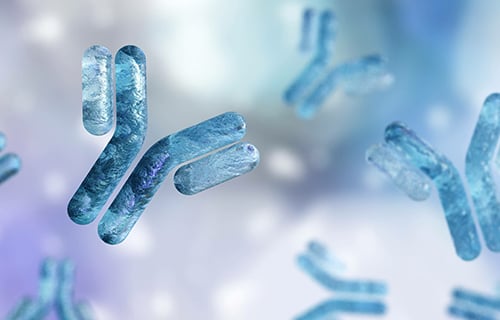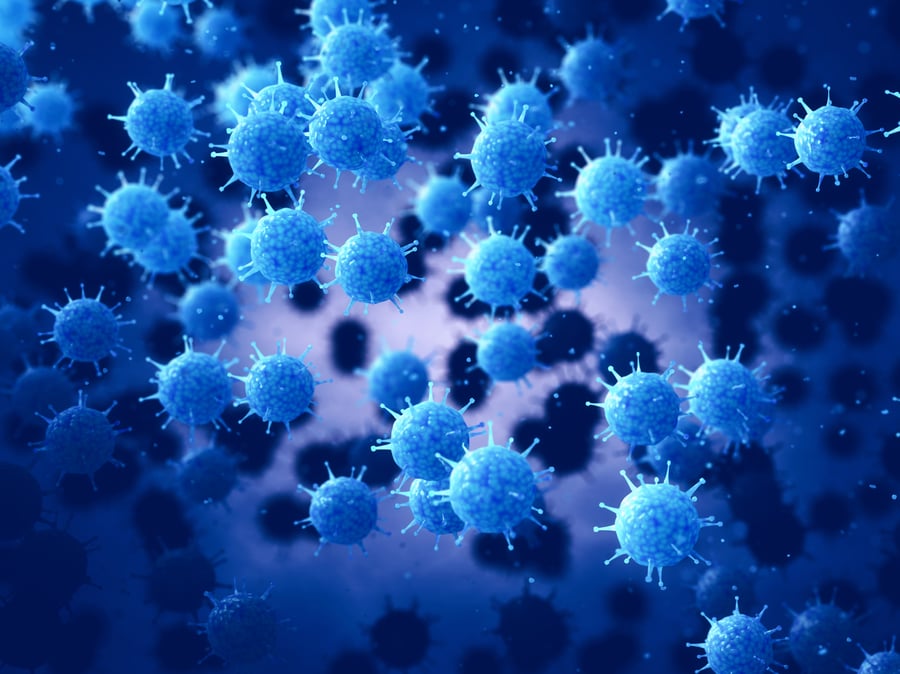
Recorded webinar
Adsorption and aggregation of monoclonal antibodies at silicone oil-water interfaces
A big challenge in biopharmaceutical development is drug product aggregation, which adversely affects drug quality and safety. Monoclonal antibody (mAb) therapies are rapidly growing for the treatment of various diseases like cancer and autoimmune disorders. Many mAb drug products are sold as pre-filled syringes and vials with liquid formulations. Typically, the walls of pre-filled syringes and stoppers in vials are coated with silicone oil to lubricate the surfaces during use. MAbs are surface-active and adsorb to these silicone oil-solution interfaces, which is an important source of aggregation.
To gain a deeper understanding of the adsorption at these interfaces and to help mitigate the challenge of aggregation, we studied therapeutic formulations containing two different antibodies with different propensities to aggregate at these interfaces. The surface activity was studied through measurements of oil-water interfacial tension, surface mass adsorption (using Quartz Crystal Microbalance, QCM-D) and interfacial rheology. We also investigated the efficacy of surfactants such as polysorbates and poloxamers, typically added to stabilize mAb formulations, in lowering adsorption and aggregation of mAbs.
Our results establish a direct correspondence between the adsorption of mAbs at oil-water interfaces and aggregation, and the effect of surfactants in lowering aggregation by competitively adsorbing to these interfaces. These results can help in designing formulations better stabilized against aggregation at oil–water interfaces.
Webinar details
-
Originally aired
June 9, 2021
-
Length
44 min
-
Presentation by
Dr. Aadithya Kannan
-
Technologies
QCM-D

In this webinar:
- Why aggregation is a challenge in monoclonal antibody drug formulations in the biopharmaceutical industry?
- How does the adsorption of monoclonal antibodies to surfaces and interfaces lead to aggregation?
- How surfactants added to drug formulations are effective in mitigating aggregation?

Presentation by Dr. Aadithya Kannan
Dr. Aadithya Kannan is a pharmaceutical development scientist at Genentech Roche, specializing in the stability of monoclonal antibody formulations at fluid interfaces.
He holds a PhD from Stanford University, where he pioneered research on interfacial phenomena affecting mAb aggregation using advanced surface science techniques.
Dr. Kannan’s expertise bridges academic research and industry practice, offering a mechanistic and applied perspective on biopharmaceutical challenges.
